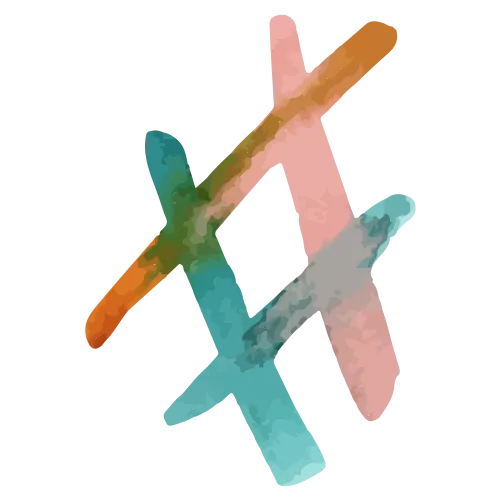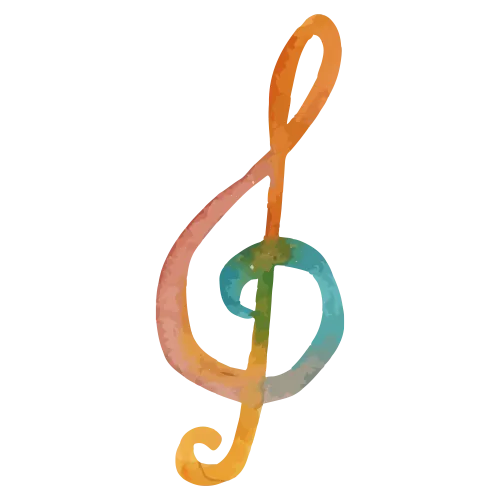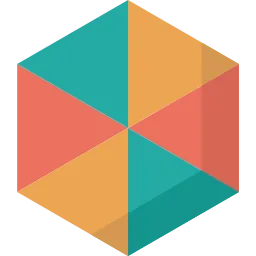

The Music Circle’s Early Childhood programme gives young children a positive start to a lifelong journey with music. Classes are designed to spark your child’s creativity and develop them holistically.


Early Childhood Music Pathway
TMC’s Early Childhood Music Pathway for preschoolers (2 to 5 year-olds) lays a strong and essential foundation for their first steps as musicians. Our music and movement classes promote a love for music while developing crucial skills such as rhythm and aural development. These classes are also aimed at enhancing physiological-emotional skills such as gross and fine motor coordination, cognitive skills as well as nurturing creativity.
Music Foundation
- The Mini Circle
- The Tiny Circle
- The Little Circle
Pre-Instrumental
- The Junior Circle
Beginner Instrumental
- Instrumental (Beginner to Advanced)

Explore Our Early Childhood Programmes

The Mini Circle
The Mini Circle (2 year old) class is a 40-minute parent-accompanied class. Each theme of TMC is 5 weeks, with 6 terms in total. Parents and their children are welcome to attend a trial class before enrolment.

The Tiny Circle
The Tiny Circle (3 year old) class is a 40-minute parent-accompanied class. Each term of TTC is 10 weeks, with 3 terms in total. Parents and their children are welcome to attend a trial class before enrolment.

The Little Circle
The Little Circle (4 year old) class is a 45-minute non parent-accompanied class. Each term of TLC is 10 weeks, with 3 terms in total. Students are welcome to attend a trial class before enrolment.

The Junior Circle
The Junior Circle Pre-Instrumental (5 year old) class is a 45-minute non parent-accompanied class. Each term of TJC is 11 weeks, with 4 terms in total. Students are welcome to attend a trial class before enrolment.

Instrumental Academy
The Music Circle Instrumental Academy focuses on ensuring that students achieve excellence in their instrument while enjoying their musical experience.
Looking for something more specific to you?
We have programmes for young children, teenagers and adults. We teach students of all abilities, from beginner to advanced. For adult students, we can arrange a one-hour trial music lesson. Contact us at 90683878 to arrange a trial lesson.




